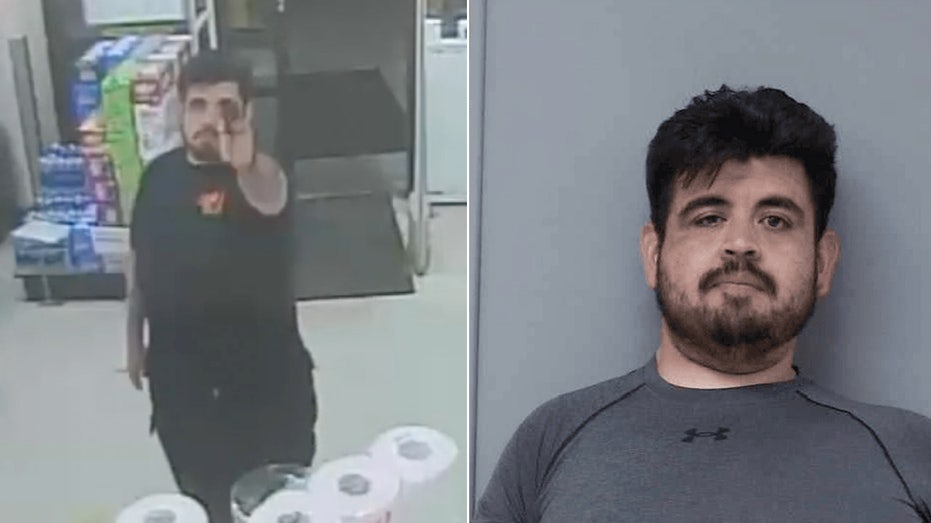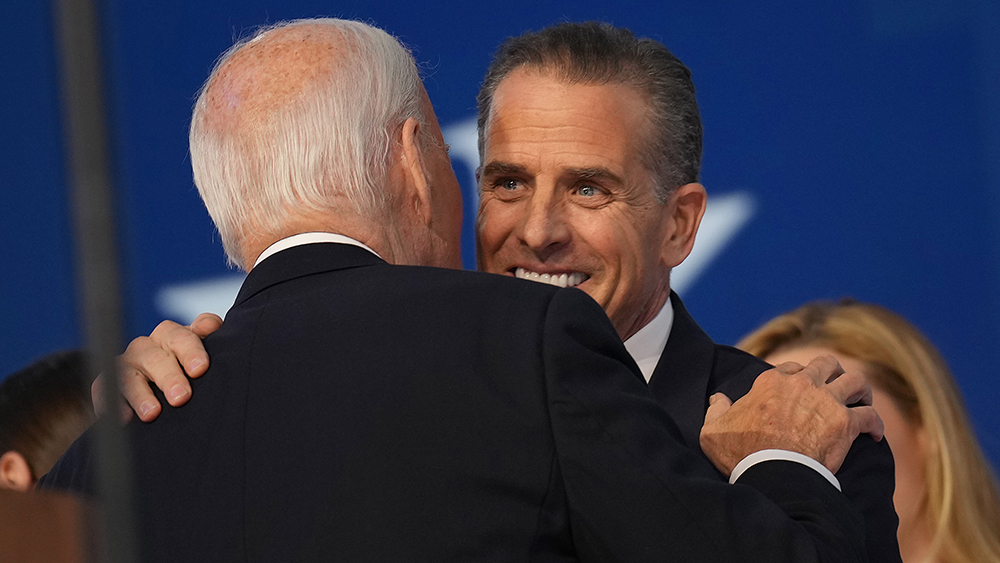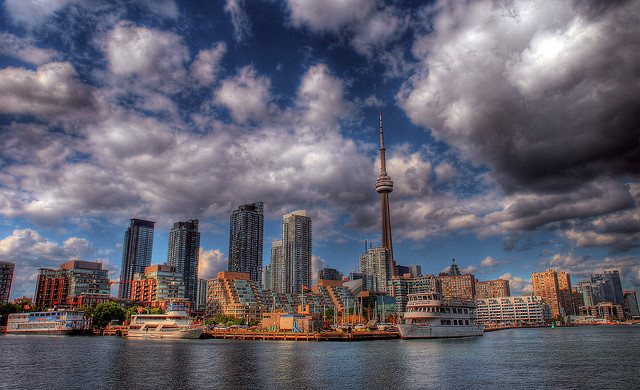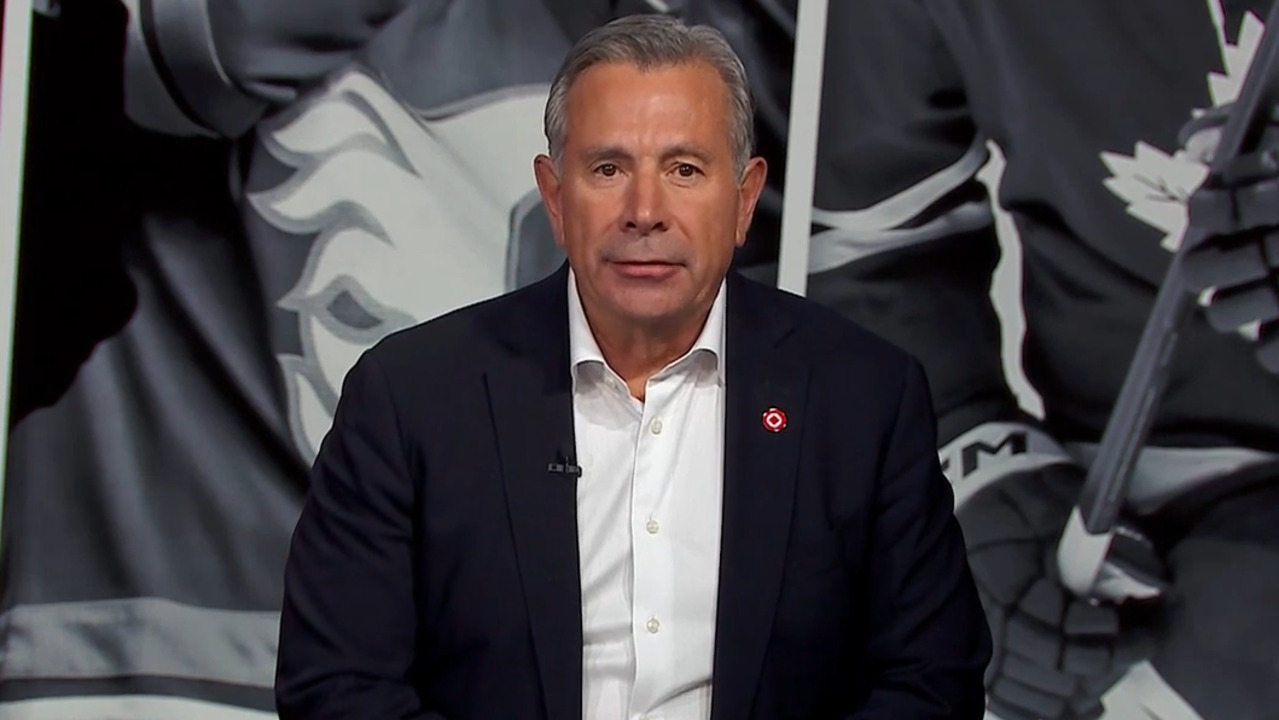Thirty-seven patients die needlessly each day in the NHS. Change is good, but patient safety must come first | Jeremy Hunt
The biggest area of risk – in terms of lives lost and cost – involves NHS maternity units. Organisation upheaval must not distract us from what matters mostI was the health secretary when NHS England was set up. Although there are advantages to depoliticising operational decisions, it has led to massive and counterproductive overcentralisation. The NHS has become the most micromanaged healthcare system in the world. Hospital chief executives are frequently working to more than 100 operational targets, making innovation and longer-term change impossible. GPs have about 80 of them. So as long as scrapping NHS England does not mean replacing bureaucratic overcentralisation with political overcentralisation, Wes Streeting is on the right track.But I am worried about something else being missed. In the huge blizzard of organisational change, there is a risk of eyes going off the ball when it comes to broader patient safety risks. In December, the charity I set up, Patient Safety Watch, published a report put together by a team of people at Imperial College London led by Prof Ara Darzi. It suggested that if our standards were as high as the top 10% of OECD countries, every year fewer patients would die. Twelve out of 22 patient safety metrics have been going in the wrong direction in the past two years. It is a wake-up call about the tragedy of avoidable death, highlighted magnificently by Merope Mills in her successful campaign for Martha’s rule after the tragic loss of her daughter. Continue reading...

The biggest area of risk – in terms of lives lost and cost – involves NHS maternity units. Organisation upheaval must not distract us from what matters most
I was the health secretary when NHS England was set up. Although there are advantages to depoliticising operational decisions, it has led to massive and counterproductive overcentralisation. The NHS has become the most micromanaged healthcare system in the world. Hospital chief executives are frequently working to more than 100 operational targets, making innovation and longer-term change impossible. GPs have about 80 of them. So as long as scrapping NHS England does not mean replacing bureaucratic overcentralisation with political overcentralisation, Wes Streeting is on the right track.
But I am worried about something else being missed. In the huge blizzard of organisational change, there is a risk of eyes going off the ball when it comes to broader patient safety risks. In December, the charity I set up, Patient Safety Watch, published a report put together by a team of people at Imperial College London led by Prof Ara Darzi. It suggested that if our standards were as high as the top 10% of OECD countries, every year fewer patients would die. Twelve out of 22 patient safety metrics have been going in the wrong direction in the past two years. It is a wake-up call about the tragedy of avoidable death, highlighted magnificently by Merope Mills in her successful campaign for Martha’s rule after the tragic loss of her daughter. Continue reading...









































































